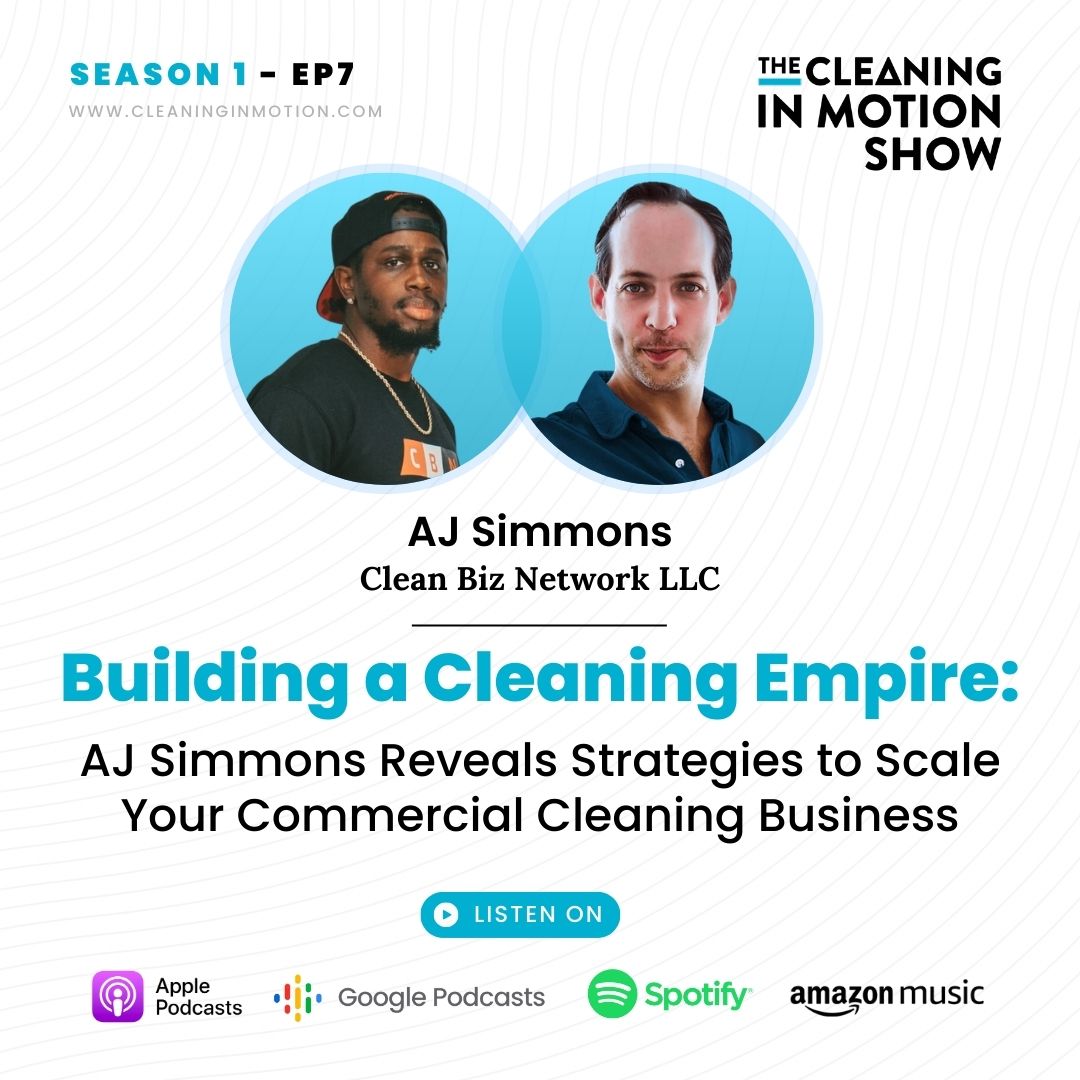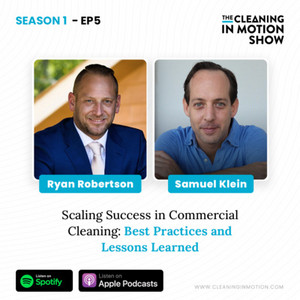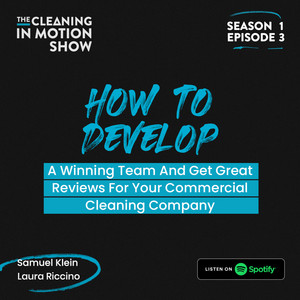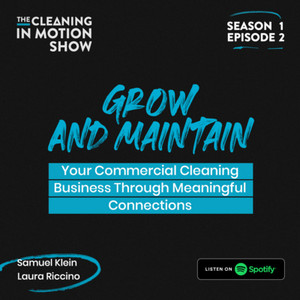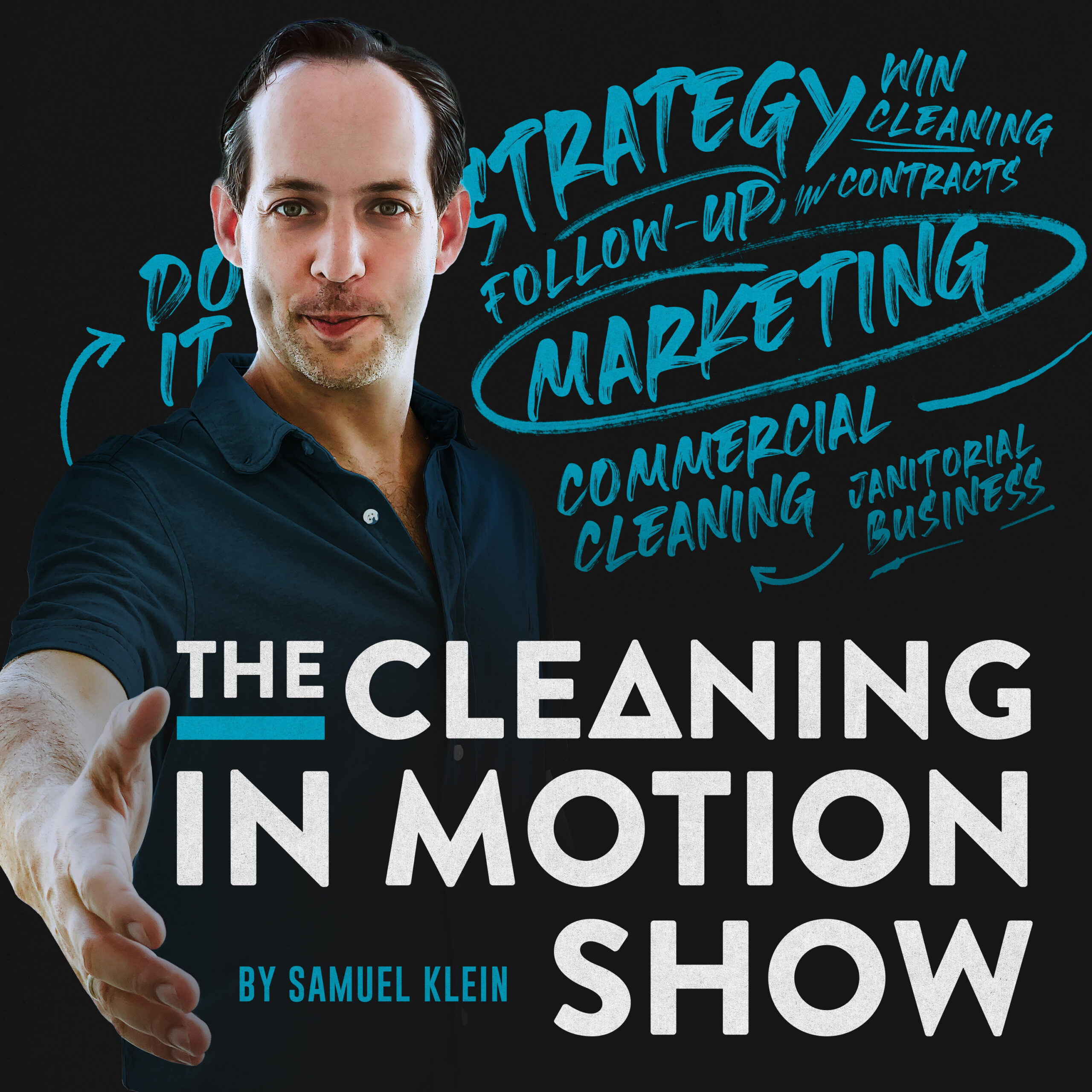
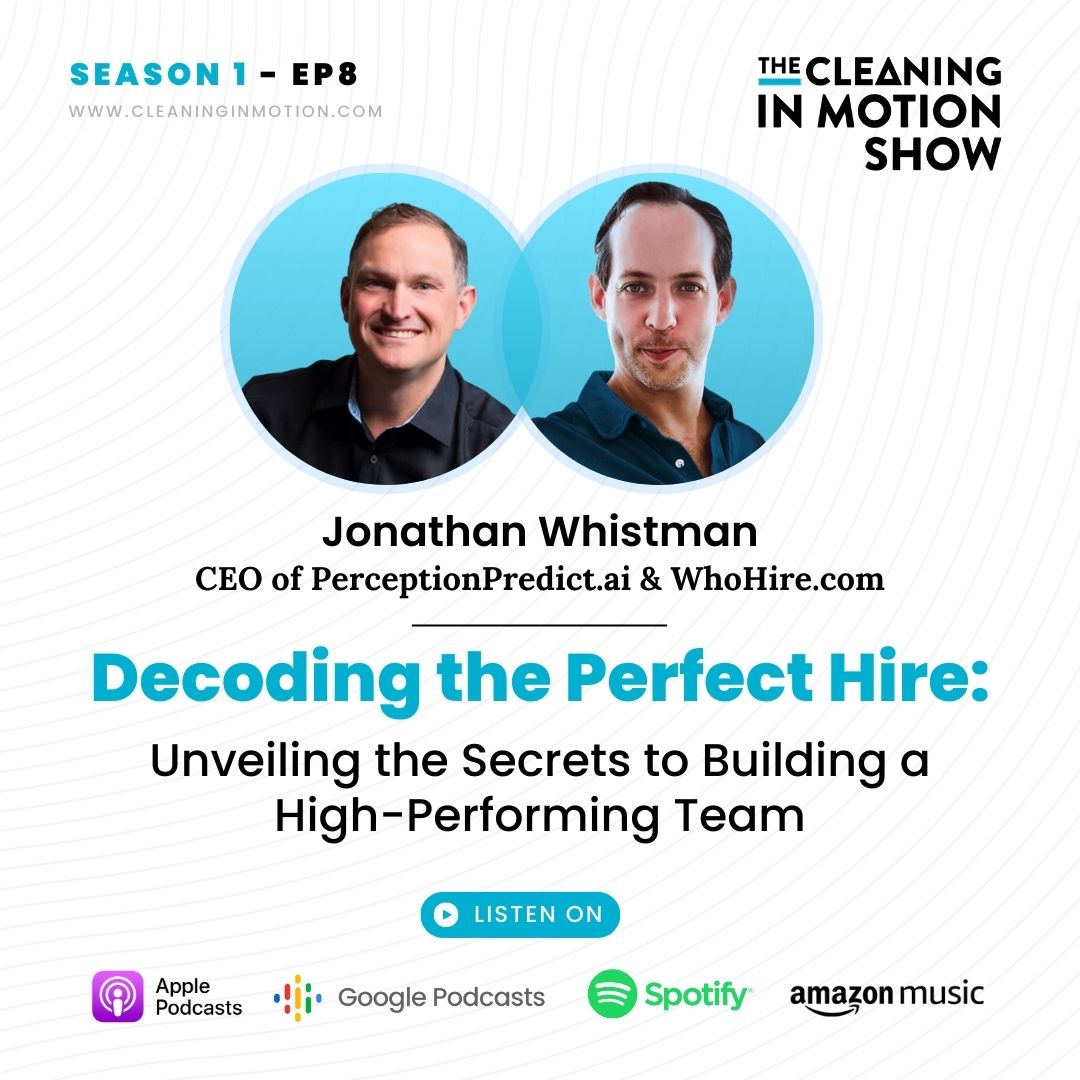
Decoding the Perfect Hire: Unveiling the Secrets to Building a High-Performing Team
Available in:
Sumary
Coming up on today's episode of The Cleaning in Motion Show, we have a special guest joining us, Jonathan Whistman. Get ready to tap your feet to the rhythm as Jonathan compares building a successful company to the vibrancy of a jazz club. He's here to share his insights on creating an energetic atmosphere that attracts and motivates employees, just like how a jazz club draws in passersby with its captivating music. Plus, Jonathan will delve into his book, "The Sales Boss," where he explores the secrets to building high-performance sales teams. Tune in as we uncover the key strategies for hiring the right people, designing an effective structure, and motivating success. Let's get ready to clean up our business practices and groove to success with Jonathan Whistman on The Cleaning in Motion Show!
Transcript
[shortcode-transcript]







